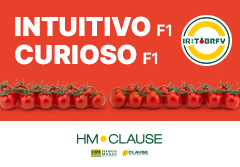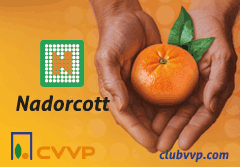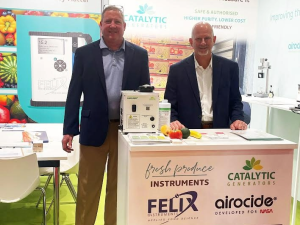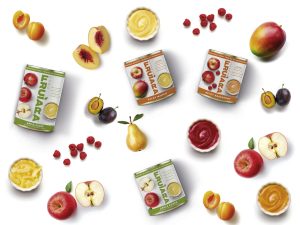This protozoan (Toxoplasma gondii) causes toxoplasmosis, an infection that typically presents mild or no symptoms in healthy individuals but poses a high risk for immunocompromised patients and pregnant women, in whom it can cause harm to the fetus.
The research, published in Eurosurveillance, the journal of the European Centre for Disease Prevention and Control (ECDC), is the largest of its kind to date and represents a significant finding in a public health field that still raises many unanswered questions despite the infection’s high prevalence: one in three Europeans contracts toxoplasmosis at some point in life, according to published studies.
The study
Researchers from the 10 participating countries—Germany, Denmark, France, Italy, Norway, Poland, Portugal, the United Kingdom, the Czech Republic, and Spain—designed a study that enables comparable data across all countries. The UK showed the highest presence of the parasite in the samples analyzed (16%), while the lowest were found in the Czech Republic (0%) and Norway (0.5%). Spain matched the European average at 4.1%. The study analyzed around 3,300 bags of salad of various types—lettuce leaves, other cut greens, sprouts, mixed greens—purchased from retail stores.
The molecular tests used detect the presence of Toxoplasma gondii oocysts—the stage of the protozoan’s life cycle in which it acquires a highly resistant outer shell—but cannot “determine whether they are viable and infectious, or whether they have been inactivated by producers’ washing processes,” explains Rafael Calero-Bernal, lead author and member of the Saluvet research group from the Department of Animal Health at the Complutense University of Madrid.
This is a key point, the authors note, because “there is no evidence that the industrial processes currently employed can remove or inactivate all oocysts, and bagged salads are sold as ready-to-eat products.” This becomes even more relevant considering that “a single oocyst can cause infection in a person,” Calero-Bernal illustrates.
The industry’s response
Asked by El País, a spokesperson for Florette—Spain’s leading company in this segment with six production centers in the country—asserted that “the risk of contamination in this category [bagged salads] is much lower than in fresh products that are not subjected to any type of washing.”
“All our vegetables go through an industrial washing process in which the washing time, bubbling, immersion, sanitization under controlled conditions, and final rinsing are all monitored, achieving a much more effective result than what can be achieved at home,” the company stated. Florette expressed support for any “measures that European or national health authorities may design to improve controls and processes related to food safety.”
Medical advice
Medical specialists recommend that at-risk groups take preventive measures at home, such as thoroughly washing these salads and all vegetables that are consumed raw. There are specific products available for this purpose.
REALTED NEWS: Altinco launches an eco-friendly pesticide with just 20% paraffin oil
Rainwater runoff into rivers, soil movement, and the passage of people or animals are among the factors that amplify the spread of oocysts in the environment. Soil contamination explains how vegetables become contaminated, either through direct contact or irrigation with similarly contaminated water.
Expert opinion
José Juan Rodríguez, professor of Food Safety at the Autonomous University of Barcelona (UAB), believes that these types of investigations should help foster “a culture of food safety” among the public. “In recent years, we’ve seen growing preferences for healthy, organic, or vegetarian products, among other categories. But awareness about safety has not progressed at the same pace—something that is even more important for certain vulnerable population groups,” he explained.

















